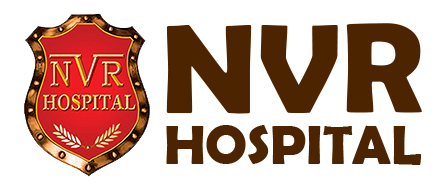Renal (Kidney) Disorders
What Are Renal (Kidney) Disorders?
Renal (kidney) disorders refer to a range of medical conditions that affect the kidneys, compromising their ability to filter waste, balance fluids, and regulate essential body functions. These disorders can vary in severity, from mild infections to life-threatening kidney failure. Early detection and treatment are crucial for maintaining kidney health and overall well-being
Common Types of Renal Disorders
Chronic Kidney Disease (CKD)
CKD is a gradual loss of kidney function over time, often caused by diabetes, high blood pressure, or prolonged use of certain medications. If left untreated, it can progress to end-stage renal disease (ESRD), requiring dialysis or kidney transplantation
Acute Kidney Injury (AKI)
AKI is a sudden loss of kidney function, usually due to dehydration, infections, or severe blood loss. While it’s often reversible with prompt treatment, severe cases can lead to chronic kidney issues
Kidney Stones
Hard mineral deposits that form in the kidneys, causing severe pain during urination or blockage. They can usually be treated with medication, dietary changes, or in some cases, surgery
Polycystic Kidney Disease (PKD)
A genetic disorder that leads to the development of fluid-filled cysts in the kidneys, impairing their function over time
Urinary Tract Infections (UTIs)
Infections in the urinary system, including the kidneys, can lead to inflammation and damage if untreated
Symptoms of Renal Disorders
- Swelling in the hands, feet, or face
- Fatigue and weakness
- Changes in urine output or color
- Persistent nausea or vomiting
- High blood pressure
Treatment Options
Treatment depends on the underlying condition. Common approaches include lifestyle changes, medications, dialysis, or kidney transplantation in severe cases. Regular check-ups and early interventions can prevent complications and improve outcomes
Taking proactive steps, such as maintaining a healthy diet, staying hydrated, and managing chronic conditions like diabetes, can reduce the risk of renal disorders and support kidney health.
For any inquiries, please contact our hospital for assistance and care.
